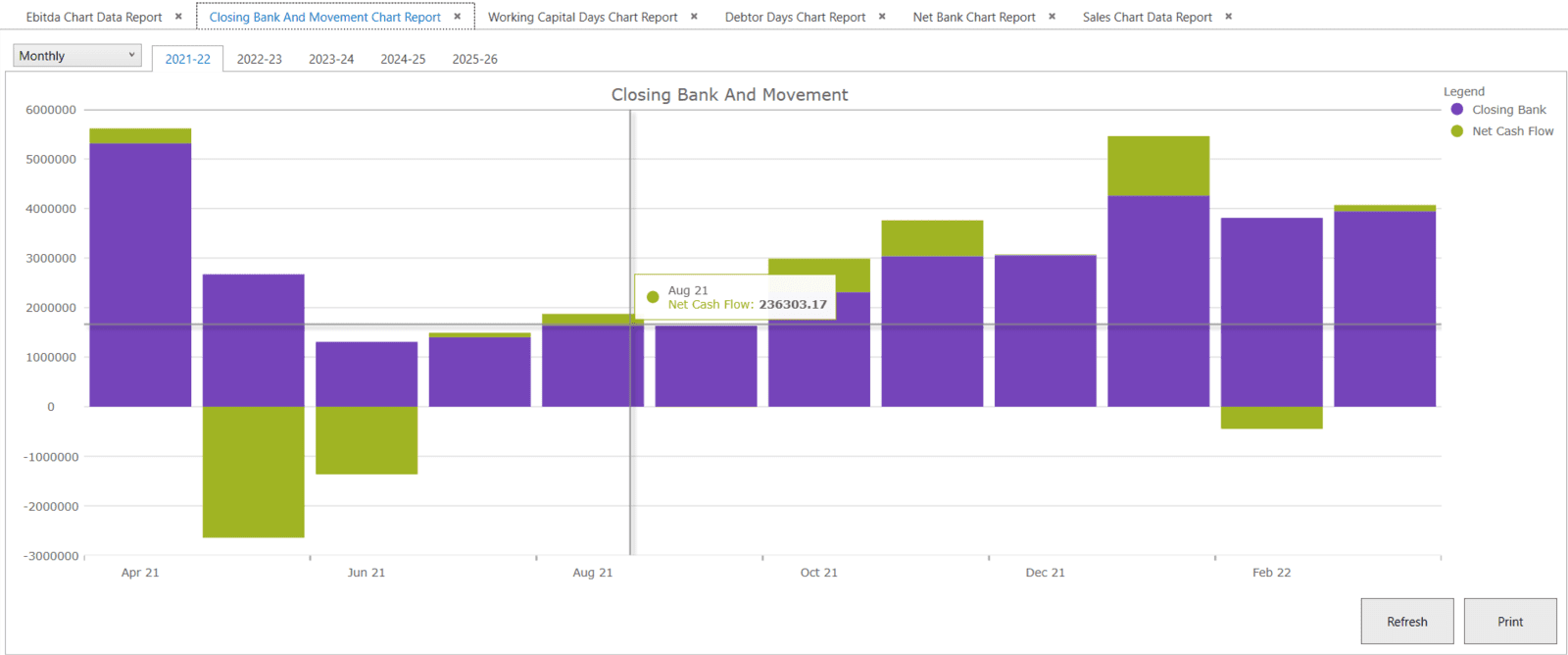
It also very much depends on them having some identifiable regularity in their spending, but what happens when they get married/ go on holiday/ have a child? Spending might be regular for a time but this will often not last very long. One problem with this is that you are always playing catch-up. By analysing past spending habits, we can then use this data to predict the matching user’s future.Īn alternative approach might be to extract trends in the user’s spending - looking at each person in isolation. What we really want is to find matching spending from some point in the past. Ok, so assuming we can find someone with similar spending habits to one of our users - so what? How does that help? Well, actually simply finding a matching user is not very useful. Without going too much into social psychology, the crux of it is that your spending habits are not as unique as you might think they are! So for the vast majority of people there will be someone else who spends their money in a similar way. Their influence extends to how we spend our money. We live in a connected world where we are influenced by other people. In order to apply balance predictions on a large scale, we incorporated studies around Crowd Psychology, Herd Behaviour and Group Dynamics. Which is why we’ve recently been working on balance prediction technology, because we know it’s the next step needed to help people manage their money effectively. Our mission at Moneyhub Enterprise is to help make sense of the end user’s finances and enable them to be as financially well as possible.

So many questions and they can be pretty difficult to answer.


Do I have upcoming bills that will negate this surplus?.Why do I have more? Did I spend less or earn more?.Picture the scene - Joe Bloggs is looking at his bank balance and it actually looks pretty healthy! He’s got more in the kitty than this time last month … but does that really equate to having more to spend? Finances are often pretty complicated, so before he starts splashing the cash, he might ask himself: But how useful would it be for them to also see their financial future? To be able to confidently know how much money they will have next week? This is something our development team at Moneyhub Enterprise have been researching and our new Balance Prediction technology - which uses machine learning, crowd psychology, deep learning and some good old fashioned match-making - will enable our personal finance management (PFM) tools to quite literally be fortune tellers. When consumers use money management tools, they normally receive a historical view of their finances.


 0 kommentar(er)
0 kommentar(er)
